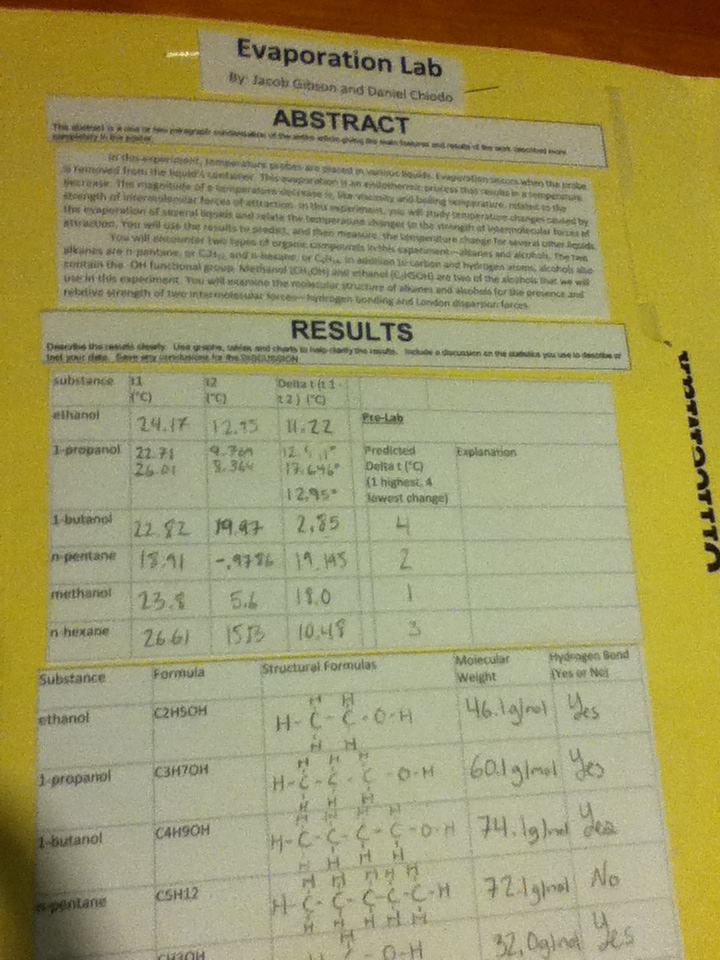WHAT AM I DOING TO HELP KIDS ACHIEVE?
HOW DO I KNOW WHEN THEY ARE THERE?
WHAT IS THE EVIDENCE?
I hate to dwell on this topic but it is a big deal. How can I best get kids to where they need to be? Formative assessment helps find out where they are. As a teacher I do not want to waste time teaching them stuff they already know. I also cannot assume ANYTHING about prior knowledge with kids today. Formative assessment is a big word that says, "How can I figure out what they already do or do not know?" It can be a blessing and a curse....it helps to know where I need to start but it could also mean I need to reinvent the wheel on the fly.
So here is attempt number 453....I plan on giving a "clicker" quiz at the beginning of the unit with the purpose figuring out where they are. I told my Accelerated kids to do two short flipped assignments on gas laws. They will come in and answer 12 questions with open notes on the flipped assignments. The purpose is not to grade it but to figure out where I am starting and adjust accordingly...
Mike Geyer had a great inquiry idea from an AP workshop. He had a teacher "tweak" a lab. She said that you should ask a bunch of questions, do it on different color paper, use a different font and provide some time to explore. Here is the crazy part. I plan on doing inquiry with Academic lab on .....the Bunsen Burner. I plan to demo a little to go over safety. Students will be provided with the following lab.
Let’s Burn Stuff (SAFELY)
Can you light a match?
Can you make the flame BIG?
Can you make the flame SMALL?
Can you make a blue flame?
Can you make an orange flame?
What are the different parts?
What do the different parts do?
What is the hottest part of the flame? How do you know?
What parts of the burner should you NOT touch?
What parts of the burner are SAFE to touch?
Teams will have to answer 8 of the ten questions. I will first demonstrate strict safety procedures and then let them go. The first day they will have to get data to answer the questions and demonstrate proficiency with the Bunsen burner. The second day they will have to put their information on a poster. I will keep you posted.













